Following the recent ruling in the Ixil genocide case late last month, NISGUA invited its base to reflect on the significance of the decision for members of the Association for Justice and Reconciliation (AJR) with the organization’s president, Edwin Canil.
Edwin spoke about survivors’ long struggle to break the silence about genocide. He noted that the recent sentence is an important step for Indigenous peoples as they work towards profound, structural changes in Guatemala and will open the way for future cases for justice. He also shared perspectives on how survivor-led struggles for justice have created space for Guatemalans to stand up against impunity and corruption, noting that “the struggle for justice struck the first blow and was the first test to see if the system could handle standing up to deeply embedded [economic and military] power structures.”
He reflected on the relationship between the AJR’s work and other survivor-led movements, such as #MeToo in the U.S., including the difficulty of breaking the silence in the face of blame, doubt, and re-victimization. He highlighted that this work is strengthened by international relationships, naming a collective “responsibility of all people to denounce crimes” like those committed during the conflict.

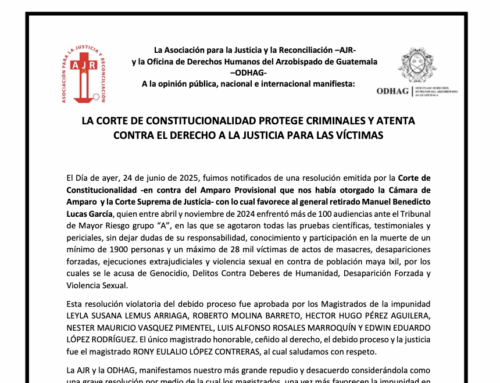
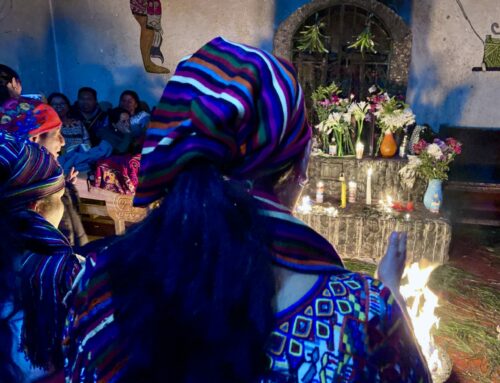
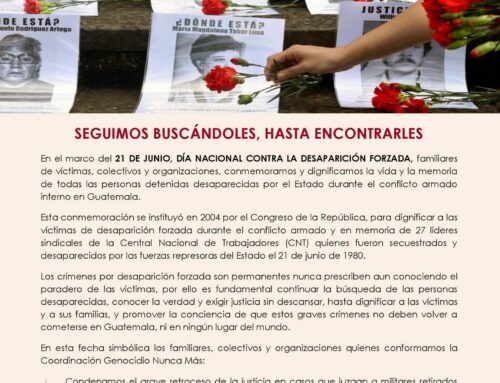
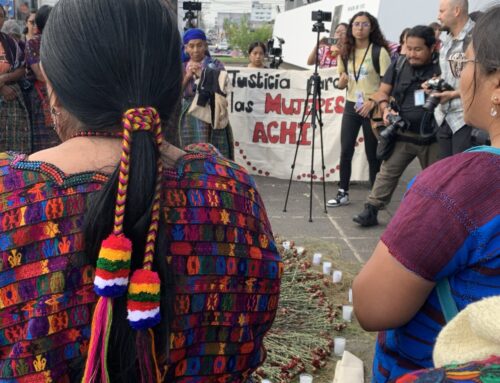
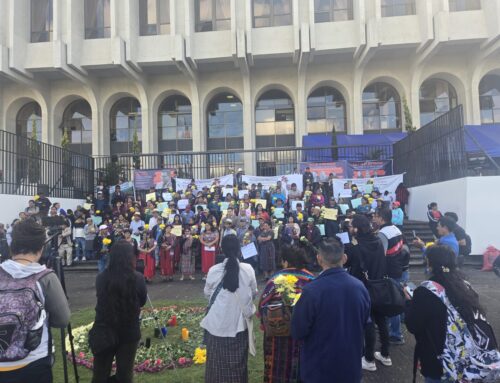
Leave A Comment